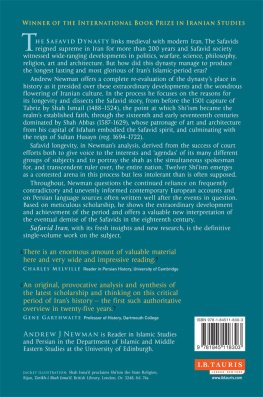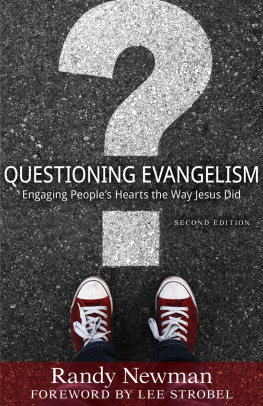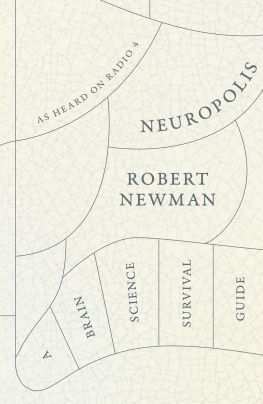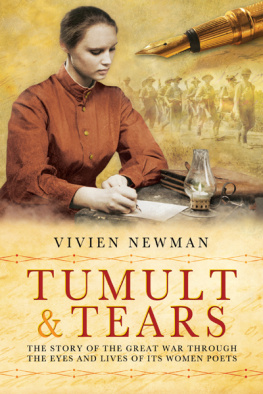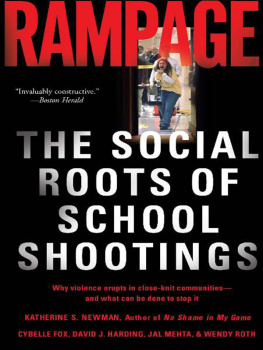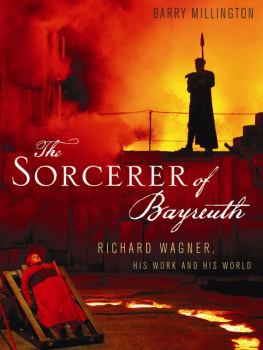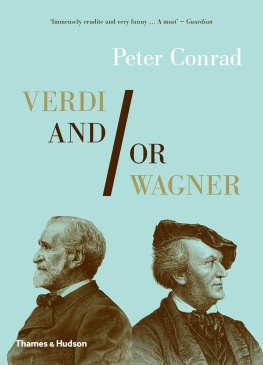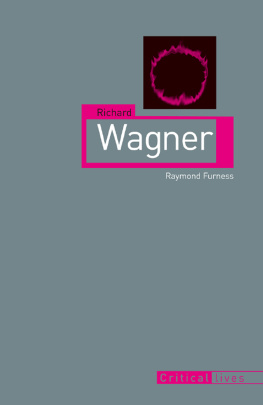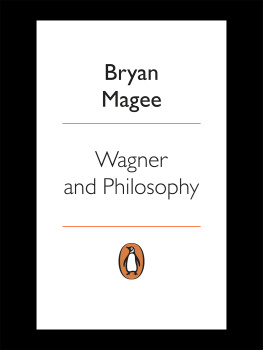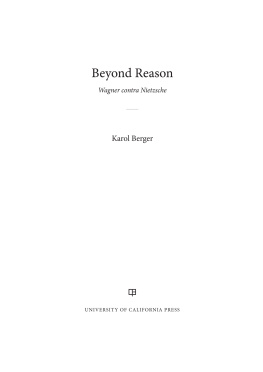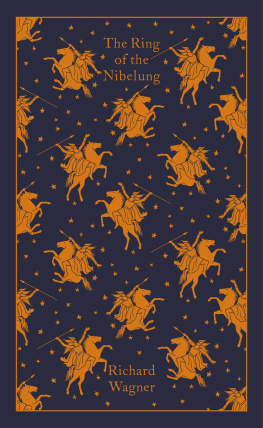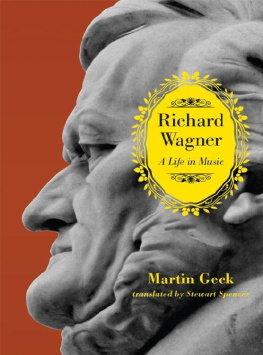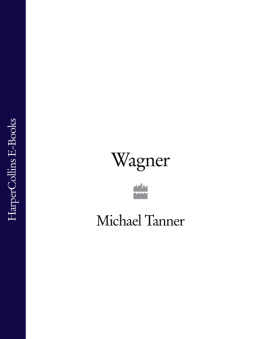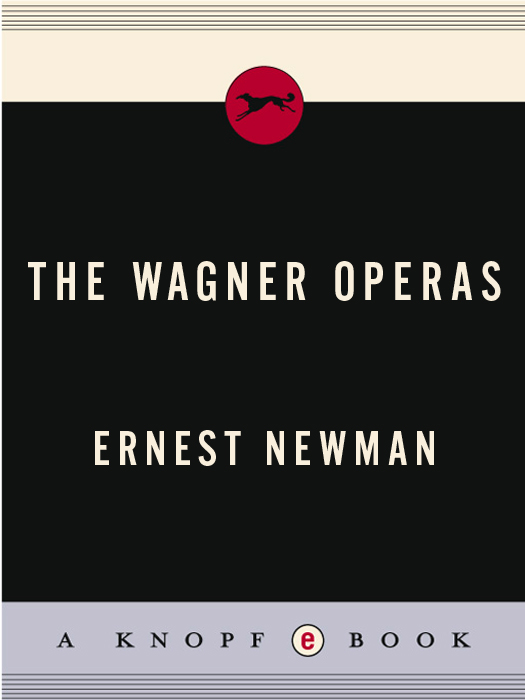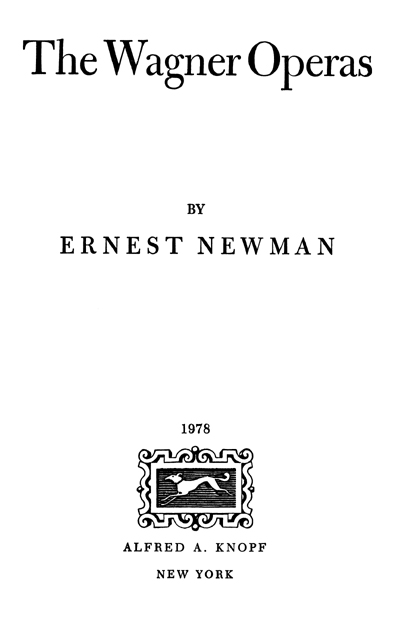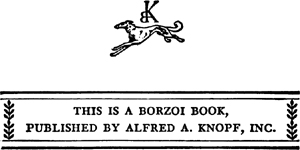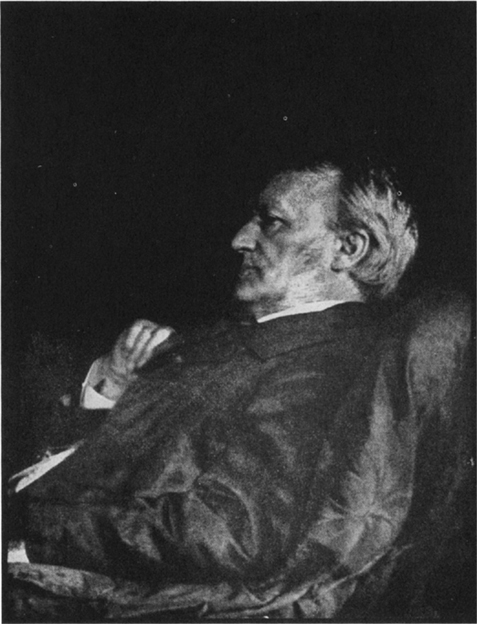Newman - The Wagner operas
Here you can read online Newman - The Wagner operas full text of the book (entire story) in english for free. Download pdf and epub, get meaning, cover and reviews about this ebook. City: New York, year: 1949, publisher: Alfred A. Knopf, genre: Detective and thriller. Description of the work, (preface) as well as reviews are available. Best literature library LitArk.com created for fans of good reading and offers a wide selection of genres:
Romance novel
Science fiction
Adventure
Detective
Science
History
Home and family
Prose
Art
Politics
Computer
Non-fiction
Religion
Business
Children
Humor
Choose a favorite category and find really read worthwhile books. Enjoy immersion in the world of imagination, feel the emotions of the characters or learn something new for yourself, make an fascinating discovery.

- Book:The Wagner operas
- Author:
- Publisher:Alfred A. Knopf
- Genre:
- Year:1949
- City:New York
- Rating:3 / 5
- Favourites:Add to favourites
- Your mark:
The Wagner operas: summary, description and annotation
We offer to read an annotation, description, summary or preface (depends on what the author of the book "The Wagner operas" wrote himself). If you haven't found the necessary information about the book — write in the comments, we will try to find it.
In this classic guide, the foremost Wagner expert of our century discusses ten of Wagners most beloved operas, illuminates their key themes and the myths and literary sources behind the librettos, and demonstrates how the composers style changed from work to work. Acclaimed as the most complete and intellectually satisfying analysis of the Wagner operas, the book has met with unreserved enthusiasm from specialist and casual music lover alike. Here, available for the first time in a single paperback volume, is the perfect companion for listening to, or attending, The Flying Dutchman, Tannhuser, Lohengrin, Tristan and Isolde, Die Meistersinger, the four operas of the Ring Cycle, and Parsifal. Newman enriches his treatment of the stories, texts, and music of the operas with biographical and historical materials from the store of knowledge that he acquired while completing his numerous books on Wagner, including the magisterial Life of Richard Wagner. The text of The Wagner Operas is filled with hundreds of musical examples from the scores, and all the important leitmotifs and their interrelationships are made clear in Newmans lucid prose. This is as fine an introduction as any ever written about a major composers masterpieces. Newman outlines with unfailing clarity and astuteness each operas dramatic sources, and he takes the student through the completed opera, step by step, with all manner of incidental insight along the way.--Robert Bailey, New York University
Newman: author's other books
Who wrote The Wagner operas? Find out the surname, the name of the author of the book and a list of all author's works by series.

